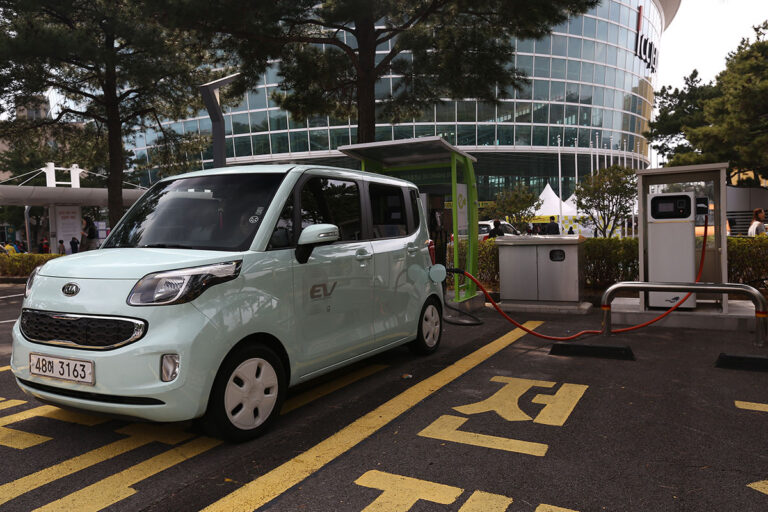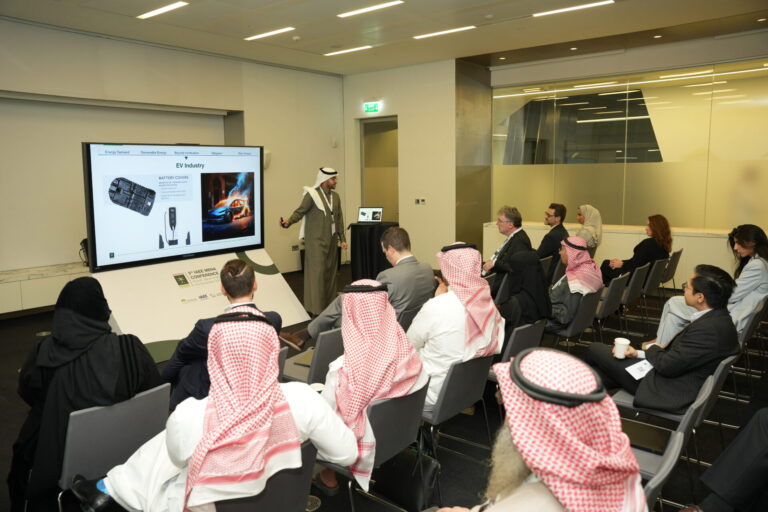Buildings are responsible for around 40% of global energy demand and generate approximately 30% of energy-related greenhouse gas emissions. The benefits of making buildings more energy efficient are well established, yet the adoption of appropriate energy efficiency measures is disappointingly low. “This is an important paradox,” says Fateh Belaïd at the King Abdullah Petroleum Studies and Research Center (KAPSARC), who worked with Véronique Flambard, a professor at Lille Catholic University, to assess the role of social norms and personal motivation in thwarting appropriate action.
The researchers chose an innovative laboratory-based approach to study the issue, using feedback from a sample of 306 participants. By investigating the subjects’ attitudes in detail, they hoped to uncover effective strategies to overcome behavioral biases and encourage greener decisions.
They focused on two specific factors influencing the participants’ energy choices. The first was peer pressure; they wanted to know if neighbors’ choices can influence a person to use energy more efficiently. The study also examined a ‘confidence message,’ which reflects whether a person’s neighbors who chose energy efficiency options have been satisfied with and would stick with their choice.
“We sought to bridge the gap between awareness of issues on sustainable building options and actions that will really promote sustainable choices, with an overarching aim of supporting personal changes to mitigate the effects of climate change,” says Belaïd.
The findings reveal that targeted information significantly boosts confidence in energy-efficiency benefits, increasing preference for energy-efficient options. Social norms and motivational messages emerge as powerful catalysts for energy-saving behavior. The evidence supports a call for much wider and long-term strategies to educate future generations about the environmental value of energy conservation. This will be vital for achieving carbon neutrality in the built environment.
The researchers now plan to build on the research, initially with a new lab-based experiment to assess people’s willingness to pay for energy conservation solutions and environmental policies, even if they may increase energy prices.
“We need to explore and encourage the economic trade-offs consumers must be willing to accept for sustainability,” Belaïd says. “We also want to conduct experiments to validate our laboratory findings in real-world settings, and refine strategies for promoting energy efficiency across diverse populations and contexts.”
Reference
1. Belaïd, F. and Flambard, V., Boosting buildings energy efficiency: The impact of social norms and motivational feedback. J. Econ. Behav. Organ., 215, 26-39, 2023. | Article




